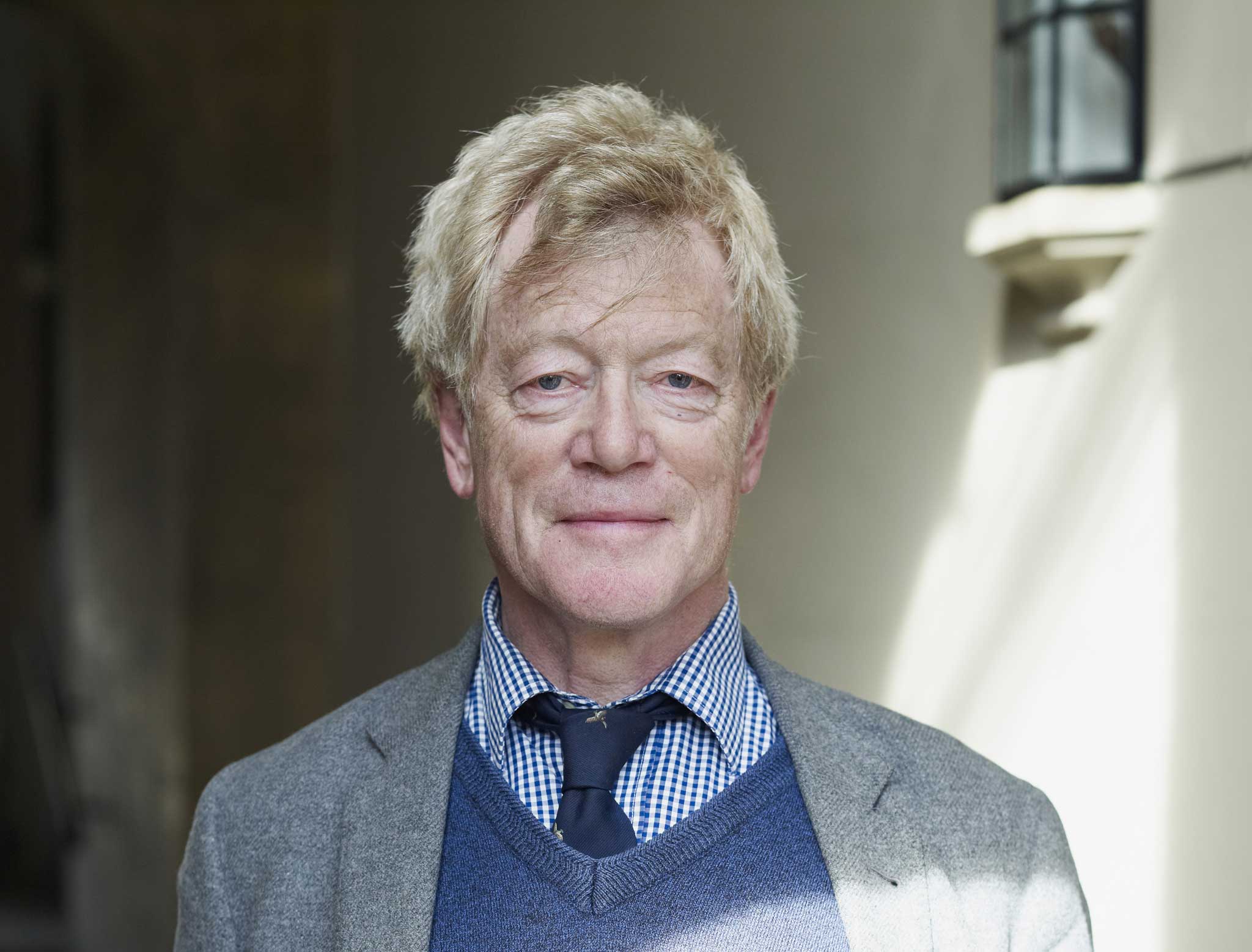The Soul of the World by Roger Scruton, book review: Preaching to the converted

England's poets and philosophers have long been troubled by the implications of the slow, steady secularisation of the human imagination. In "Dover Beach", Matthew Arnold sounded a lament for the retreat of the "sea of faith" that once fully enfolded the world.
Now, he heard only "the melancholy, long, withdrawing roar, retreating, to the breath of the night-wind". When Arnold wrote those lines in the 1850s, the "sea of faith" was still fairly full – at high tide, so to speak. Churches were packed and to have maintained that Britain was a Christian country was simply to state the obvious. Yet Arnold discerned that something was dying even then, and the consequences filled him with foreboding.
More than 150 years on – with the tide that much further out – it is more difficult for a writer or philosopher to defend faith with intellectual conviction. The vague, nagging scepticism that was nibbling away at the consciousness of mid-Victorian England has since developed into a self-confident, unapologetic atheism. These days, it is the religious writer or thinker who stands out and has some explaining to do.
That prospect does not deter Roger Scruton. Like Arnold, he hears the sound of faith's long withdrawing roar and declares the results unambiguously dreadful: a stunted, impoverished imagination and a reduced ability to see things or relationships in all their fullness.
Lest any vicar feel tempted to pick up this book in search of inspiration for Sunday sermons, it should be pointed out that Scruton doesn't have much to say specifically about God or Christianity, except at the end. What he mostly defends in these essays is a thinking person's right to say no to a boiled-down Darwinism that reduces all relationships to contracts and all human behaviour and emotions to biological selection and adaptation.
In place of that narrowed vision of the world, Scruton advocates "cognitive dualism", which is a willingness to understand what things mean, at the same time as exploring what they are made of. The arts are drawn on to illustrate his point. Just as a sublime piece of music is more than "a sequence of pitched sounds", he notes, "to hear the music it is not enough to notice the sounds". A thing possessing one nature therefore can be seen or comprehended in more than one way. This point needs to be stressed because Scruton is not suggesting that material things have a hidden, other or inner reality that only the religious mind can appreciate. It is not science that is under attack here but a fundamentalist, nothing-but attitude towards science, which allows nothing else to exist and grow at the edge.
Scruton argues persuasively that much of what passes for scientific fact today is just the latest fashion in physics. But one wonders who would find this eloquent plea on behalf of the right to interpret things in various ways objectionable. The first generation of Communists in Russia or China might have flatly denied that anything had a spiritual dimension to it – but they are long dead, as are their ideas. Of course we should strive to understand – and not just explain – art, nature, love and the world, but most atheists would say "Amen" to that as well.
Subscribe to Independent Premium to bookmark this article
Want to bookmark your favourite articles and stories to read or reference later? Start your Independent Premium subscription today.

Join our commenting forum
Join thought-provoking conversations, follow other Independent readers and see their replies